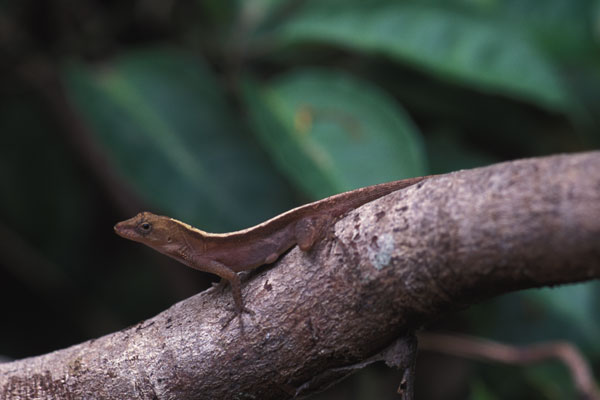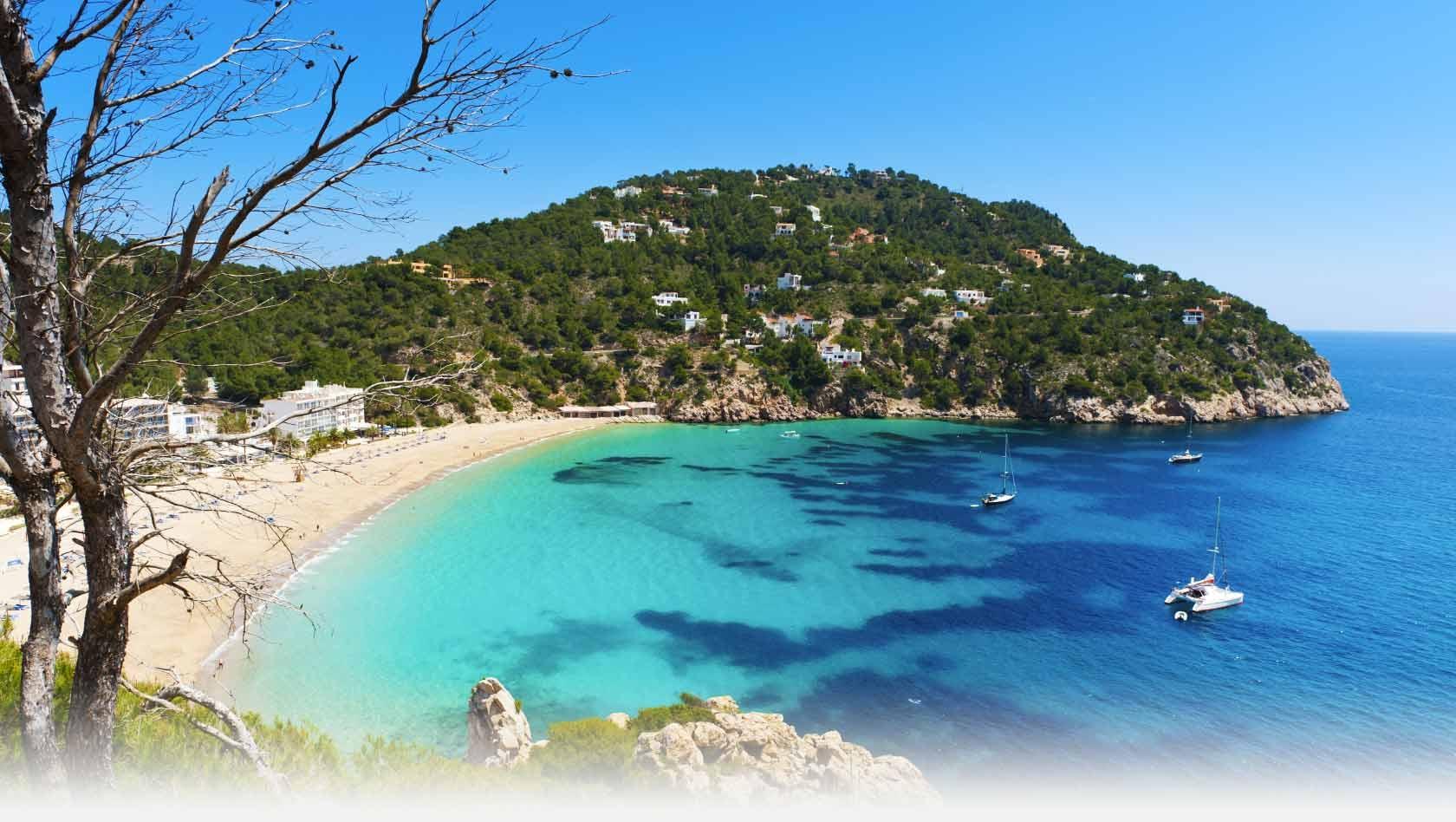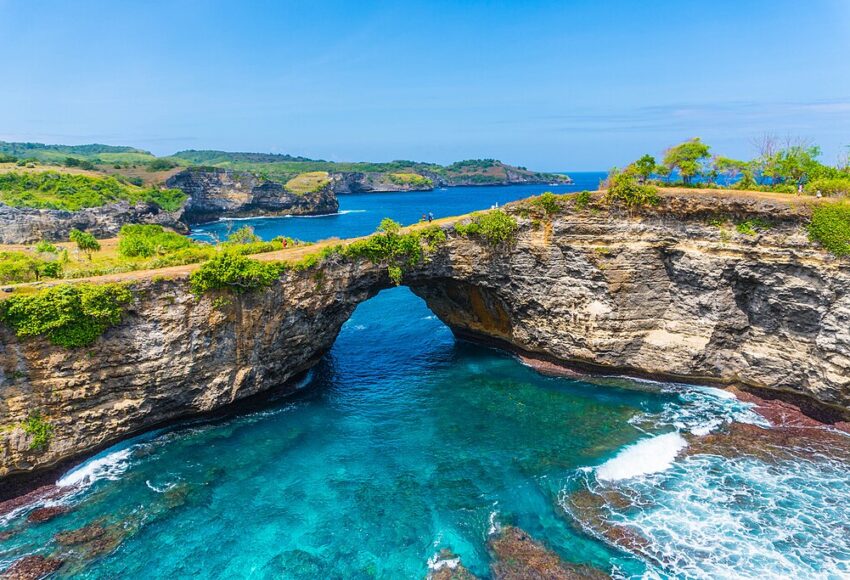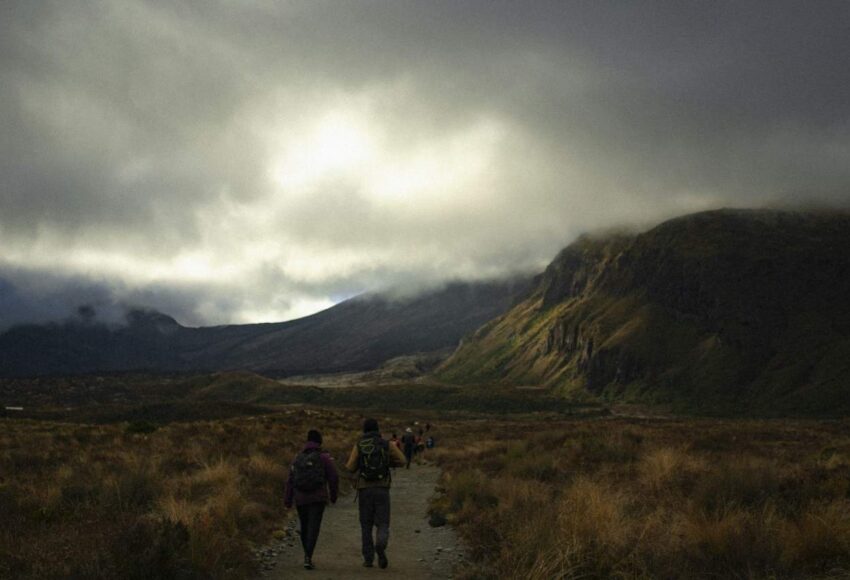Costa Rica has become a hotspot for ecotourism. Its diverse ecosystems and landforms are protected by National Parks, which comprise over one quarter of its total land mass and protect the countries over 10 000 species of plants and trees. The most verdant areas of the country are the jungles and lowland rainforests, but Costa Rica is also home to the dry forest – a tropical forest with a distinct dry season and lower overall rainfall. Dry forests can be found in the province of Guanacaste and the Nicoya Peninsula and many resorts and tour companies can arrange a guided visit.
Set out on your dry forest adventure armed with bug spray and appropriate footwear. Layered clothing and a backpack might be required, if you’re taking a more intensive trip. For a more tame experience, head to one of the National Parks for a guided river tour. This is a comfortable way to see beautiful scenery and experience the wildlife. Boat operators have been known to keep baseball bats under the seats in case of a crocodile incident. A crocodile sighting is an exciting thing in the dry forest, and your guide should be able to point them out – they are hard to see when submerged. Several varieties of monkeys and birds can also be seen: black-handed spider monkey, white-headed capuchin monkey, coati, tamandua, agouti, blue jay, toucan and long-tailed manakin.
If you’re looking for a closer look into the dry forests, there are lodges that are equipped to provide a comfortable stay and wilderness tours on foot or horseback. At Hacienda Guachipelin you can trek through1600 hectares of territory that is home to monkeys, deer, ant-eaters, squirrels and an exotic array of birds. The property is a working cattle ranch where you can watch the everyday activities of the ranch hands or saddle up one of the horses for a jungle adventure.
Of course the dry forest is a natural home to wild animals and safety of travellers should be taken seriously. The animals are likely to be more afraid of you than you are of them, which is what makes creature sightings so rare and special. A few hints about Costa Rican species: spiders and scorpions are unlikely to hurt you seriously because they are not terribly venomous; vampire bats can spread rabies, so don’t sleep outside at night; most snake bites occur when you step on a snake, so never wear open shoes and stay on the paths; there is little to no chance that you will encounter a big cat, they are endangered and extremely elusive; do not wade into the water, crocodiles attack when humans enter their nesting areas; always look before you sit, ants and wasps have painful stingers.








